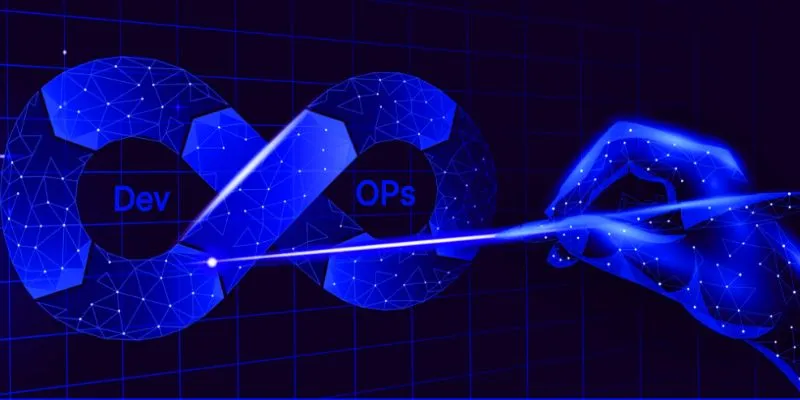DevOps, a set of practices meant at automating and improving the collaboration between development and operations teams, has been pivotal in enhancing software delivery processes. The incorporation of AI into DevOps promises to elevate these processes further by providing advanced analytics, predictive insights, and automated decision-making capabilities. Despite the potential benefits, organizations often encounter significant hurdles when trying to integrate AI into their DevOps pipelines. Understanding these challenges is crucial for properly navigating the transition and maximizing the advantages of AI. Are you looking to advance your career in Devops? Get started today with the DevOps Training in Chennai from FITA Academy!
Challenges of Implementing AI in DevOps
Data Quality and Quantity
One of the most significant challenges in implementing AI within DevOps is ensuring the quality and quantity of data. AI models rely heavily on large volumes of high-quality data to make accurates predictions and recommendations. In many organizations, data may be scattered across various systems or may be incomplete and unstructured.
Data silos and inconsistent data formats can further complicate efforts to train AI models effectively. To address this issue, organizations need to invest in data integration and cleansing processes. Establishing a centralized data repository and ensuring data consistency across systems can help in feeding accurate and reliable data to AI models.
Integration Complexity
Integrating AI into existing DevOps workflows can be complex. Many DevOps processes are built around specific tools and platforms that may not readily accommodate AI technologies. The challenge lies in seamlessly incorporating AI solutions into these established workflows without disrupting existing operations.
Organizations often need to customize AI tools or develop new integration points to ensure compatibility. This may involve modifying existing scripts, updating workflows, or even redesigning parts of the DevOps pipeline. Choosing AI tools that offer robust integration capabilities and working closely with vendors to align AI solutions with existing processes can help mitigate integration challenges. Learn all the Devops techniques and become a devops developer. Enroll in our Devops Online Course.
Skill Gaps and Expertise
The successful implementation of AI in DevOps requires a blend of skills that are not always readily available within existing teams. AI and machine learning (ML) expertise are crucial for developing, deploying, and managing AI models. However, many DevOps teams may lack the necessary expertise in AI and ML.
Addressing this skill gap involves investing in training and development for current team members or hiring new talent with the required skill set. Additionally, partnering with external consultants or leveraging managed AI services can provide the necessary expertise to guide the integration process.
Managing AI Model Performance
Once AI models are integrated into DevOps workflows, managing their performance becomes a key challenge. AI models require continuous monitoring and tuning to ensure they remain effective as data and conditions change. Model drift, where the performance of AI models degrades over time due to changes in data or environment—is a common issue that needs to be addressed.
Implementing robust monitoring systems and establishing procedures for regular model evaluation and retraining can help maintain model accuracy and relevance. Automated monitoring tools and feedback loops can also assist in detecting and addressing performance issues promptly.
Security and Privacy Concerns
The integration of AI into DevOps raises security and privacy concerns, particularly when interacting with sensitive data. AI models that process or generate sensitive information must be safeguarded against potential breaches and misuse.
Organizations need to implement stringent security measures, including data encryption, access controls, and compliance with relevant regulations. Ensuring that AI tools and models adhere to best practices in security and privacy is essential for maintaining trust and protecting valuable information.
Implementing AI in DevOps can greatly boost automation, efficiency, and insights. However, challenges such as data quality, integration complexity, skill gaps, model performance, and security must be addressed. By planning carefully and investing in training and solutions, businesses can effectively integrate AI into their DevOps processes. Staying updated on AI advancements and best practices is key to maintaining a comparable edge and achieving operational excellence. Looking for a career as a devops developer? Enroll in this Advanced Training Institute in Chennai and learn from experts about devops testing techniques and tools.
Read More: DevOps Interview Questions and Answers
